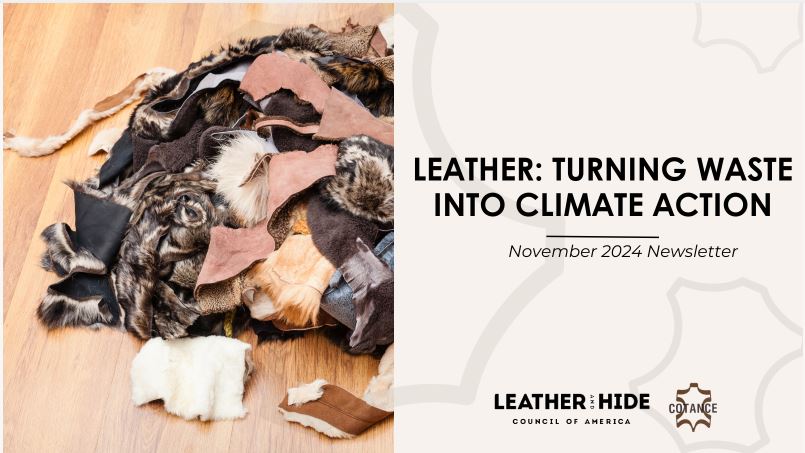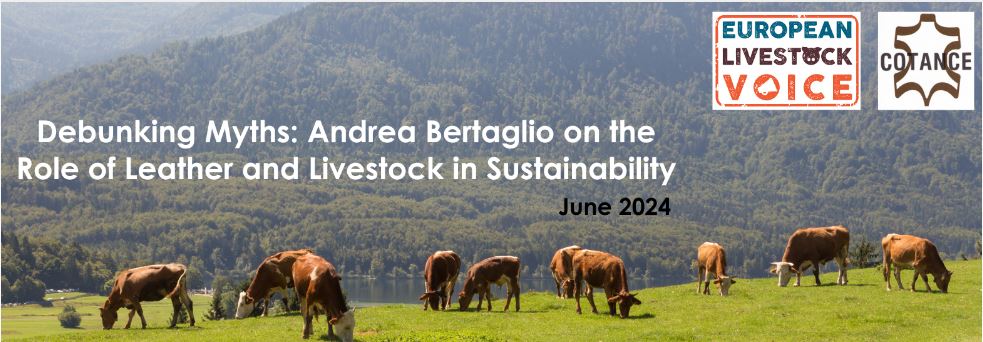
Debunking Myths: Andrea Bertaglio on the Role of Leather and Livestock in Sustainability
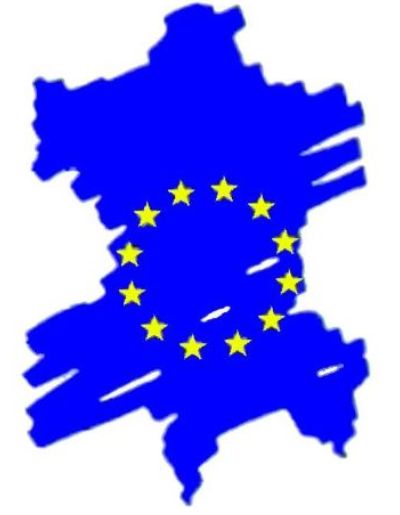
Andrea Bertagliois an independent journalist, spokesperson for European Livestock Voice and author of the book “In defence of Meat”. He is known for his in-depth knowledge of the meat industry and is therefore perfectly placed to give insight into the importance of livestock and leather sectors, their crucial roles in the circular economy, and their joint challenges in times of greenwashing.
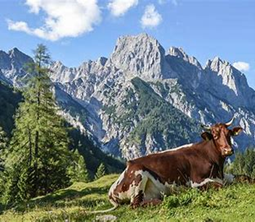
Answering the question on the relationship between animal livestock and humans,Andrea Bertaglio said: “Humankind and livestock have been proceeding together since the dawn of time. Meat made us humans. Without animal foods, we couldn’t develop our brains as they are. Without hunting, we couldn’t have organised our first ways of communication and our first kind of communities and societies. And if we speak about modern farming, we speak of nutrition, culture, traditions, know-how, economy, and hundreds of other things. Livestock is an incredibly important part of human life, and I hope it can still be like that for a very long time”. Answering the question on the relationship between animal livestock and humans,
The same is true for leather, which has long been in the history of man. Findings from the archaeological site in Schöningen (Lower Saxony) show that it dates back 320 000 years. An engraving was found on the remains of a bear’s skin, which evidences that hominids in northern Europe also hunted bears and skinned them to get meat and to use their hide to protect themselves from the cold. Leather features in human history.

Old Tannery in Pompeii
Photo credits: UNIC – Concerie Italiane
“We have leather because it is a by-product from meat production. And it has been like that since prehistorical times, I suppose. One of the best and oldest examples of ”circular economy”. It simply makes sense. Otherwise, it would be like picking a fruit only to keep the peel, which is absurd. Besides, leather is a great product: instead of being disposed of as waste, hides and skins are transformed into one of the most durable, enjoyable, and sustainable products ever”, the journalist continued.
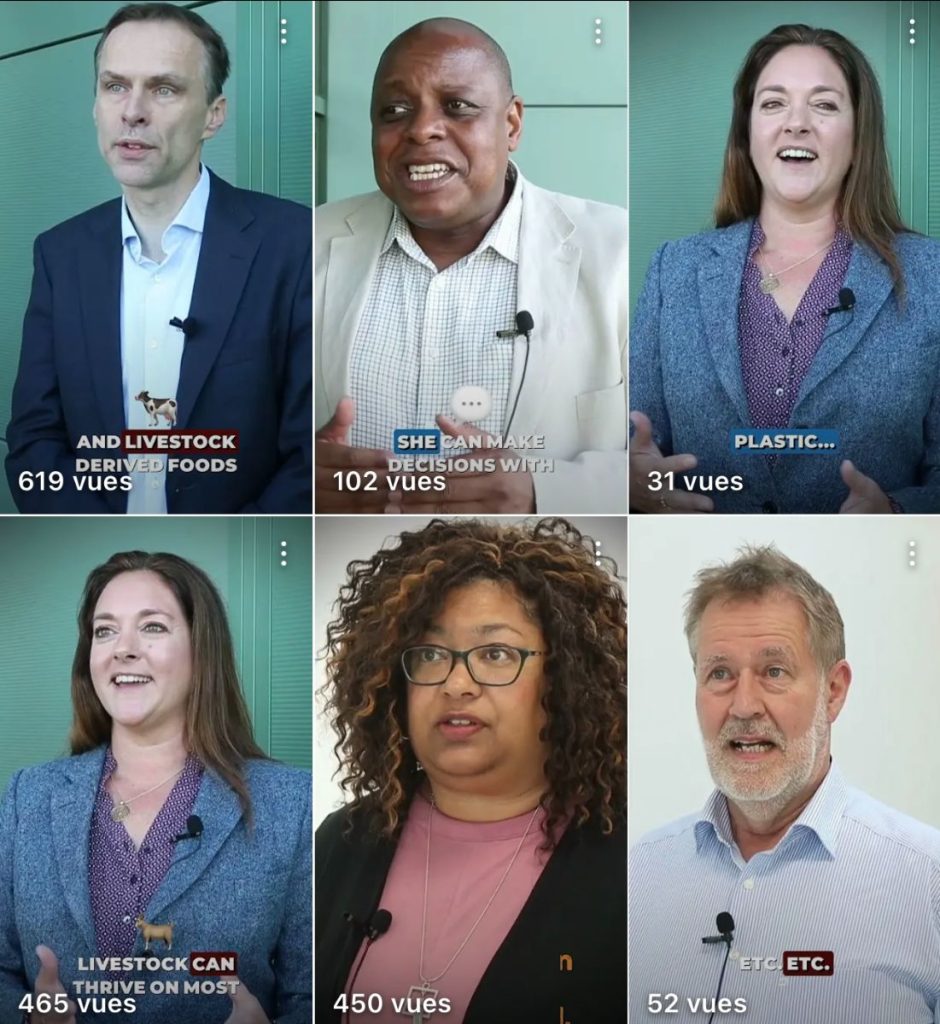
”Leather is the most bio-friendly in the car and is the most natural, sustainable, environmentally good by-product of the meat industry. The cows are not being grown for their leather”, – says nutritionist Diana Rodgers
Furthermore, leather is a natural material that can be repaired, reused, and repurposed, highlighting its crucial role in the circular economy and establishing it as a prime choice for sustainable practices.
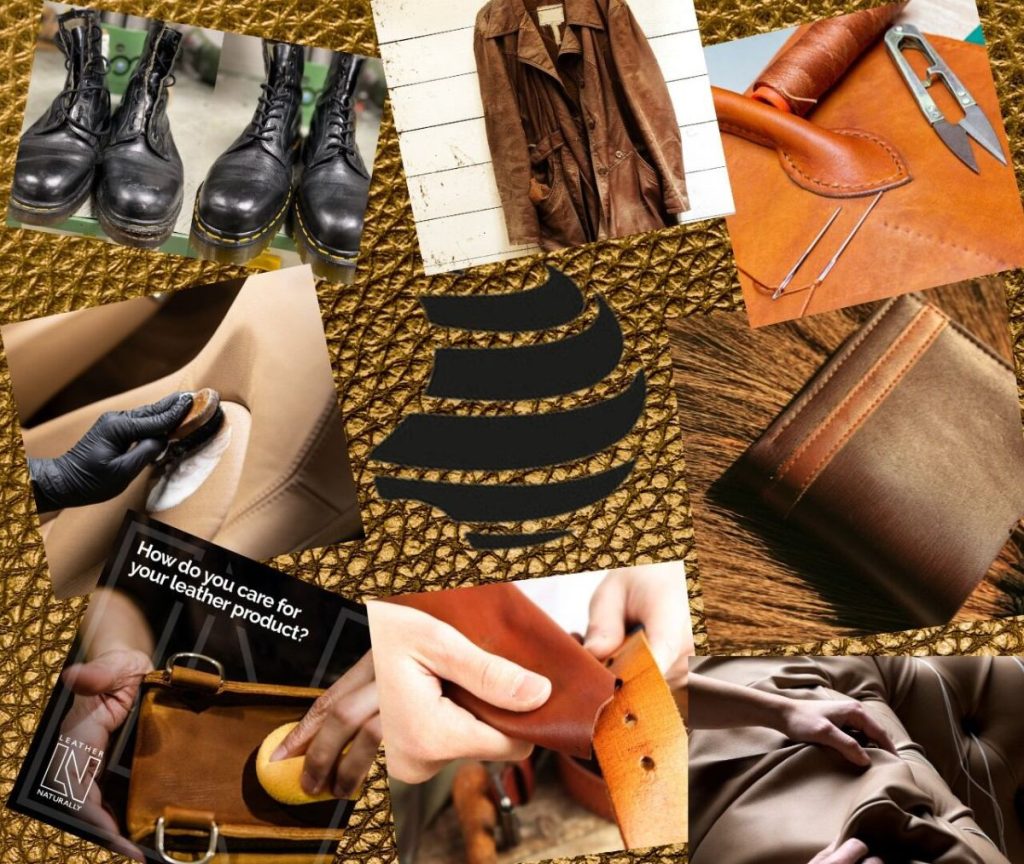
Despite these facts, both the leather and meat industries are facing a wave of unjustified accusations and manipulations from radical activist, vegan societies, whose deceptive narratives are likely to fall into the scope of the upcoming EU “Green Claims” Directive.
As an independent journalist, writing nearly two decades on environment and sustainability, Andrea Bertaglio has a mission: to crash the fake, dangerous, hypocritical narrative of the vegan world.
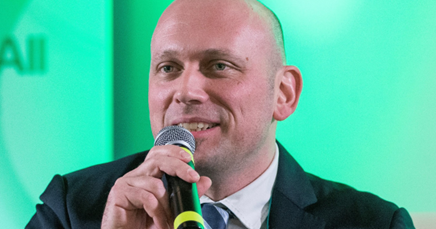
Reflecting on his daily motivation, he told VDL, the association for the German leather industry and COTANCE member: “I am highly motivated by the fact that vegan/animal rights activism is one of the biggest frauds we have seen in many years: they paint in green and give an ethical message to things which are only and merely based on profit. I am disturbed by the good faith of many people in the hands of cunning corporations. Playing the victim while making loads of money is very trendy at the moment, and I try my best to fight this”.
He says many people adopt a vegan lifestyle with noble intentions, seeking a holistic approach to improving the environment, animal welfare, and personal health. “The vegan narrative is perfect because it puts environment, climate, animals, and health together, providing a prepacked, easy solution, emphasising the benefits of choosing plant-based options which may include some commercially processed alternatives. They fell into the trap of very clever marketing”. However, he expresses concern that individuals might eventually reconsider their choices as they evaluate the long-term impacts of their dietary and lifestyle decisions on their health.
He further says: “Not everyone knows that to grow synthetic meat, its cells must be in a soup of growth hormones and antibiotics (yes, those banned and extremely reduced in animal breeding!). Not only that, but according to some studies, lab-grown meat can impact up to 50 times more than livestock farming, and to be produced, it must be grown in extremely energy-intensive bioreactors. For now, it is just another way to generate audiences, debate and polarisation. It is no coincidence that many newspaper articles have been written about this product, but very few scientific papers”.
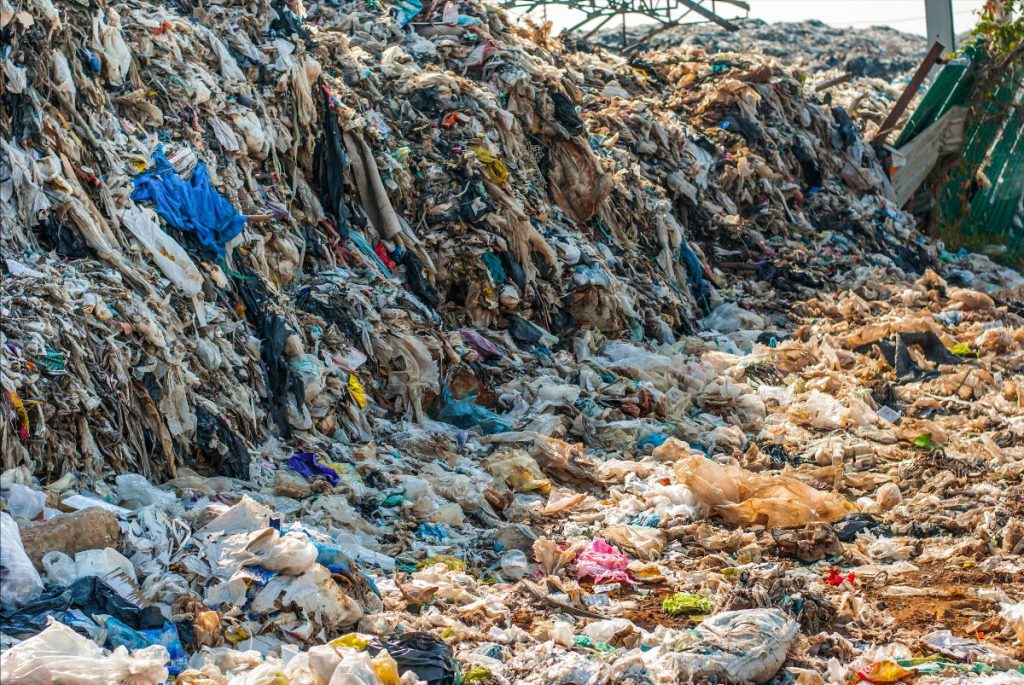
The same can be said about “vegan leather”, whose adverse impact on the environment starts to become visible. “Vegan leather,” commonly known as ”faux leather,” is essentially plastic derived from fossil fuels, contributing significantly to climate change and ecosystem pollution. Attempts to reduce the amount of plastic, mixing it partly with agricultural produce or waste, resulted in a significant amount of these products becoming non-recyclable textile waste due to their reliance on polyurethane binders and coatings (plastic).
Such fakes quickly decompose into microplastic. Consumers need to know that more durable and sustainable options exist, like leather.
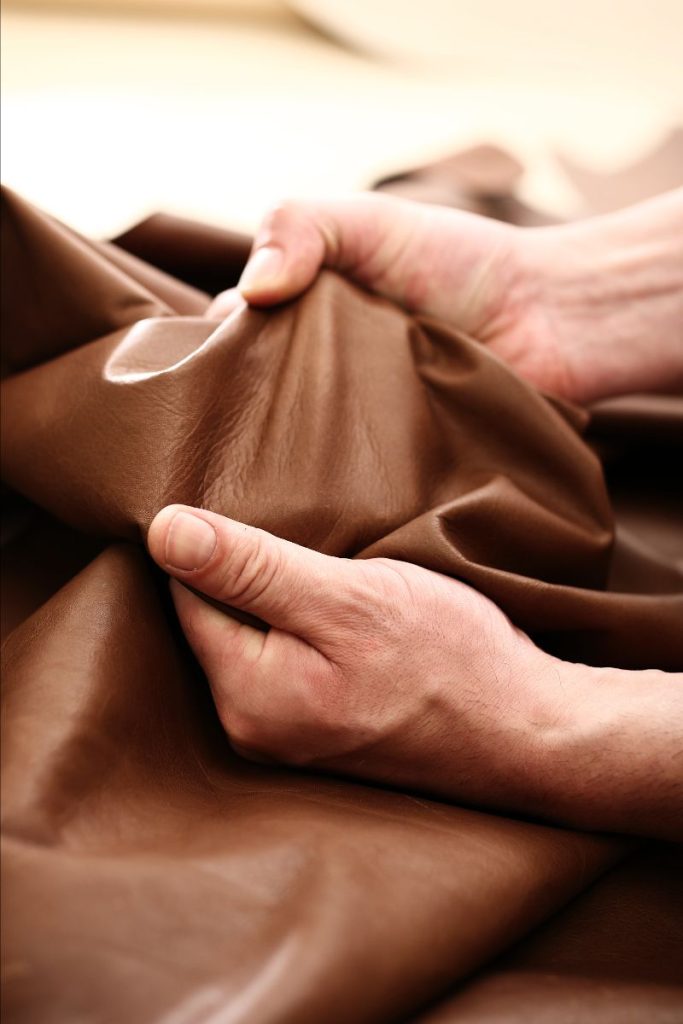
Remember: animals are not killed for leather. Their skins & hides represent on average just 1% of the animal’s economic value. Leather is just the result of a by-product of the meat industry. European Tanners transform hides & skins into sustainable fashion materials, generating wealth and jobs in Europe. That means opting for leather helps upcycle a resource that would otherwise go to waste.
The world is not black and white. Don’t become a victim of manipulating narratives that might make you feel neurotic and guilty. Make your own choices based on the evidence.
Regardless of your choice, the fact remains that leather is one of the smartest and most sustainable options a person should promote… even if you are vegan.
Edited by
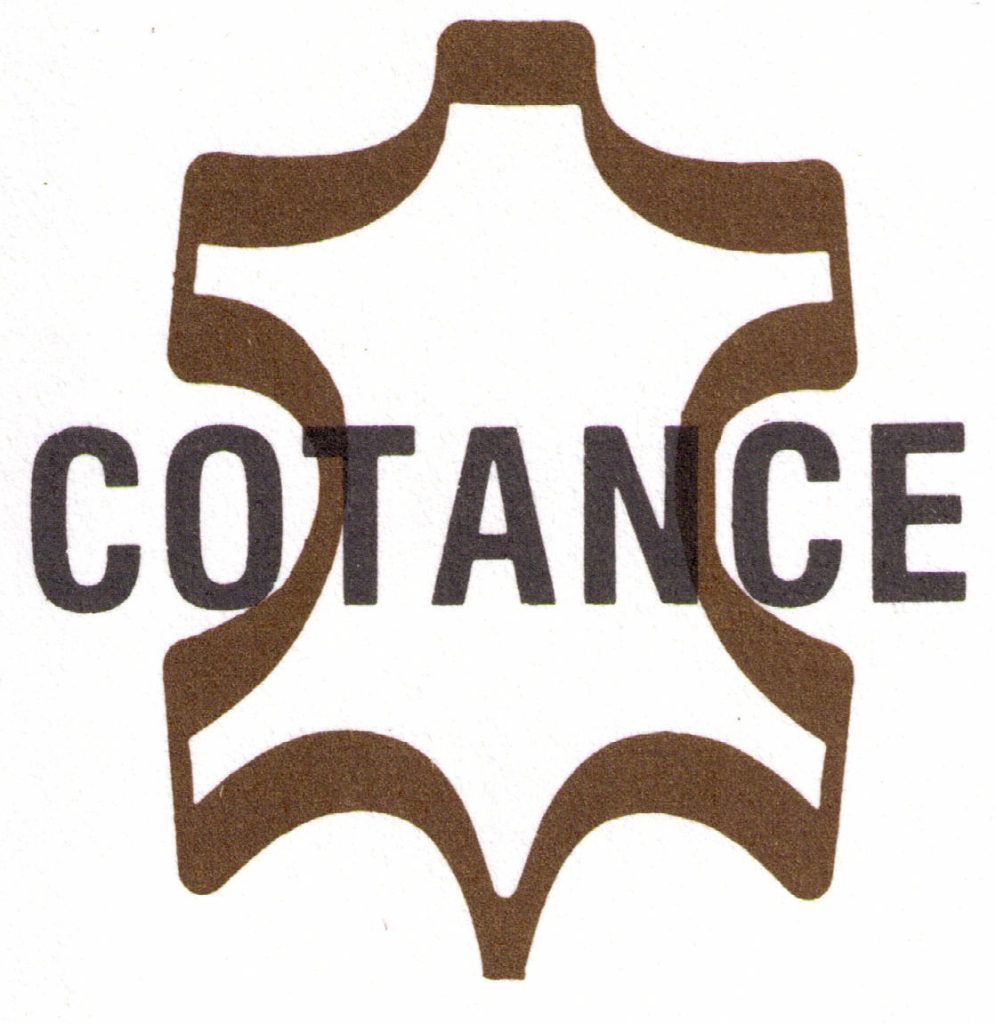
In cooperation with
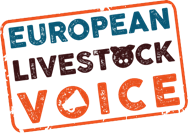
If you want to go further:
European Livestock Voice| Website
“Can we imagine the world without livestock?” | Article
In Defence of Meat | Book
Read more linguistic versions and former Newsletters.
View in Browser.
Copyright © 2024, COTANCE, All rights reserved.
Our mailing address is:
cotance@euroleather.com
